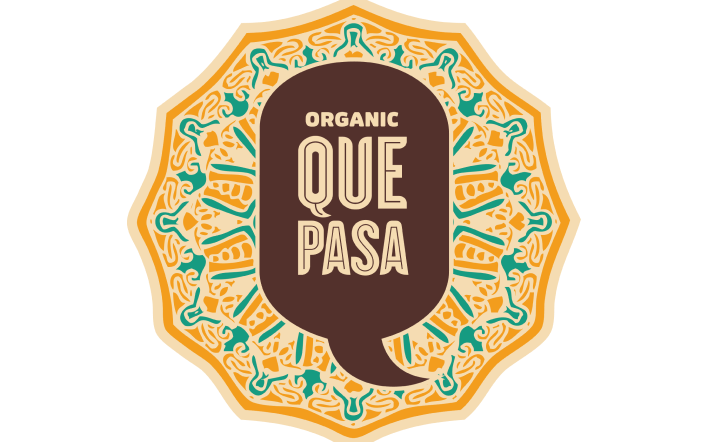
How to Balance a Seasoning Mistake
By Dora Stone
Tags:
We’ve all been there. We get distracted, and we add way too much salt to our soup. Somehow it always happens on the day you are so pressed for time there is no way you will be able to make something else. It has happened to me too, more times than I’d like to admit, especially with three little ones tugging at my apron. But don’t worry, I’m going show you how to balance a seasoning mistake with these tricks and tips:

Taste as you go
This is more of a preventive measure. If you taste as you go there is less of a probability of over or under seasoning. For things like stews or sauces I recommend seasoning at the end, because as the stew cooks, the water in the stew evaporates, concentrating the flavor. The same happens with sauces, especially if you’re trying to reduce a sauce to thicken it. If you season it too early you might end up with perfect consistency, but salty flavor.Dilution or Add Bulk
One of the easiest ways to balance a seasoning mistake is to add bulk or dilute the dish. For example if your soup is salty, add more vegetable stock or water. If your rice is salty, make a small amount of unsalted rice, and mix with your salty rice. The volume will help lower the salty taste.
Balance out flavor
For some dishes, it could be as simple as adding a splash of lemon juice, vinegar, or sugar. For dishes that are too sour, like a particularly tangy tomato sauce, use sugar to balance out the acidity. For dishes that are too hot, you can use avocado or a nut based cream or cheese. If your dish is too sweet, acidity will counteract some of the sweetness. Finally if you feel like your dish is flat, or you can’t put your finger on what’s missing, it’s probably a little bit of acid.Potato Myth
There a well-known tip or myth that says if your soup is too salty you should add a potato to it and let it simmer. The potato is supposed to absorb some of the salt, saving the soup. This theory is one loved by home cooks, but professionals say it doesn’t really work. If the potato does absorb salt, it is a tiny amount that will probably not save your soup. You are better off adding more water or stock, and some extra veggies to bulk up the soup.What if your food is bland?
It may seem obvious, but the first weapon against bland food is salt. If your food is bland, it’s probably under salted. If that’s not the culprit, then there are three other elements that make up good flavor: acid, heat, and sweetness. After making sure your dish is well-salted, taste it and see if maybe some lemon juice, pepper flakes or hot sauce will improve it. In some cases, like when making a Korean marinade, a sprinkle of sugar is what you need to bring it all together.Happy cooking!





